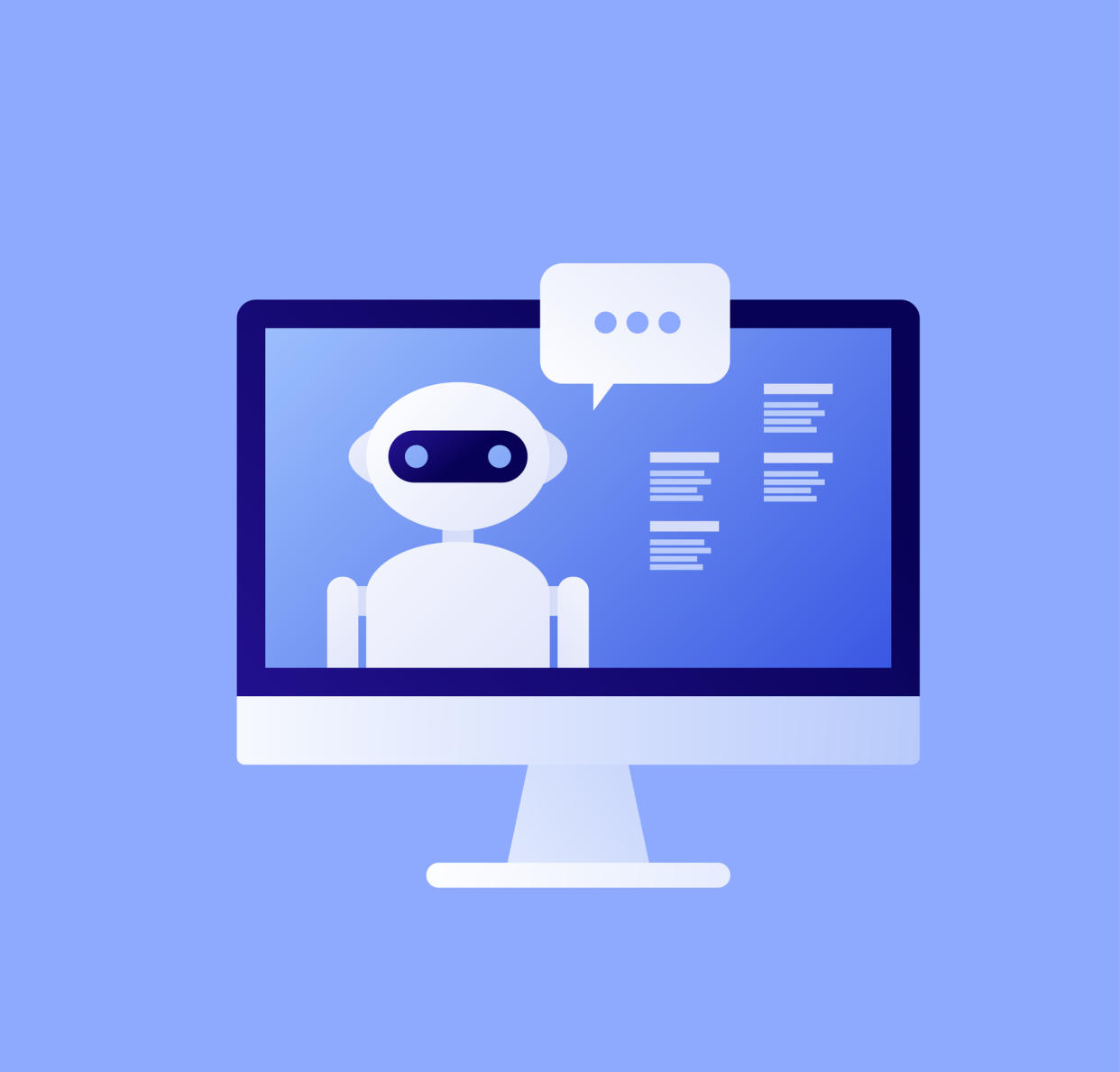Zendesk adds flexible AI agent capabilities with Ultimate acquisition

- Oops!Something went wrong.Please try again later.
Zendesk has been trying to transform customer service since it launched in 2007, so it shouldn’t come as a surprise that the company sees the industry being altered in a big way by the rise of generative AI.
On Wednesday, the company announced it intends to acquire Ultimate, a German customer automation startup. The companies did not share the purchase price.
The idea of an AI agent has come to the forefront recently as companies look to build bots that do more than answer questions, but also help resolve problems by connecting to back-end transactional systems. Earlier this year, Bret Taylor and Clay Bavor launched a new company, Sierra with the goal of building these flexible AI agents.
This is precisely how Zendesk describes Ultimate: “Its automation platform integrates with any backend system and provides robust analytics and reporting." The company sees a hybrid future where customer inquiries can flow wherever they make the most sense, whether that's an AI agent, workflow automation or human agent.
Zendesk CEO Tom Eggemeier, who joined the company last fall, says that he believes that as more customers interact with the AI agents, it will increase the need for the kind of automated responses that Ultimate provides. “We believe that somewhere between 70% and 90% of interactions are going to be through AI agents in the future. And Ultimate has done a really nice job solving up to 80% of interactions via their AI agents,” Eggemeier told TechCrunch.
Eggemeier says that where Ultimate is perhaps more unusual than some of the other offerings in the market is by using an adaptive methodology where they use the level of technology required to solve the problem instead of a one-size-fits-all approach. “Sometimes it's large language models, sometimes it's old school machine learning and predictive analytics, and sometimes they'll use a rule or workflow when you can just plug in a rule to complete a task, and you don't need to hit large language models or run predictive analytics on it,” he said.
Perhaps it should come as no surprise that one of Ultimate’s integration partners is none other than Zendesk, but it works with other companies, as well, including Salesforce and Freshdesk. He says that while the plan is to incorporate Ultimate technology into the Zendesk platform, they will continue to offer stand-alone products to other companies.
As for Ultimate, it seems to bode well for its customer and partner relationships that Zendesk wants to keep those going instead of swallowing the startup whole into its platform. Still, when it comes to acquisitions, it can sometimes get muddled and time will tell how much independence the company ultimately has and what impact that will have on those existing relationships.
Zendesk raised over $85 million before going public to much fanfare in 2014. The company ran into activist investor trouble in 2022 and eventually went private that year in a deal worth over $10 billion. The private equity firm hired Eggemeier shortly after, replacing company co-founder Mikkel Svane.
Ultimate launched in 2017 and raised $27 million, per Crunchbase. Eggemeier says they will continue to run out of the company’s main office in Berlin, and give Zendesk a foothold in the city. The company’s approximately 140 employees will be joining Zendesk after the deal closes. Eggemeier says he expects it to go through rather quickly in perhaps 2-4 weeks.
